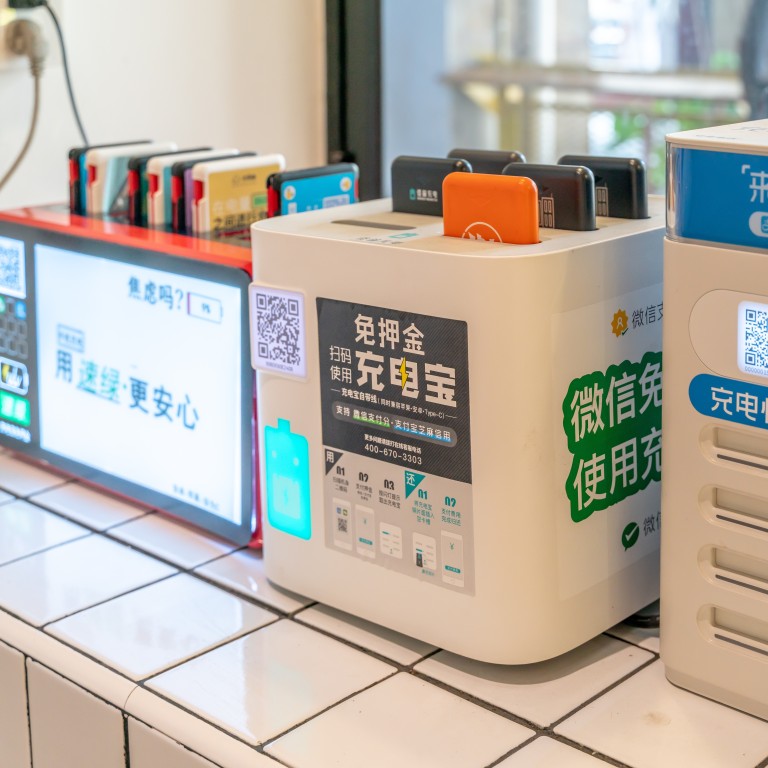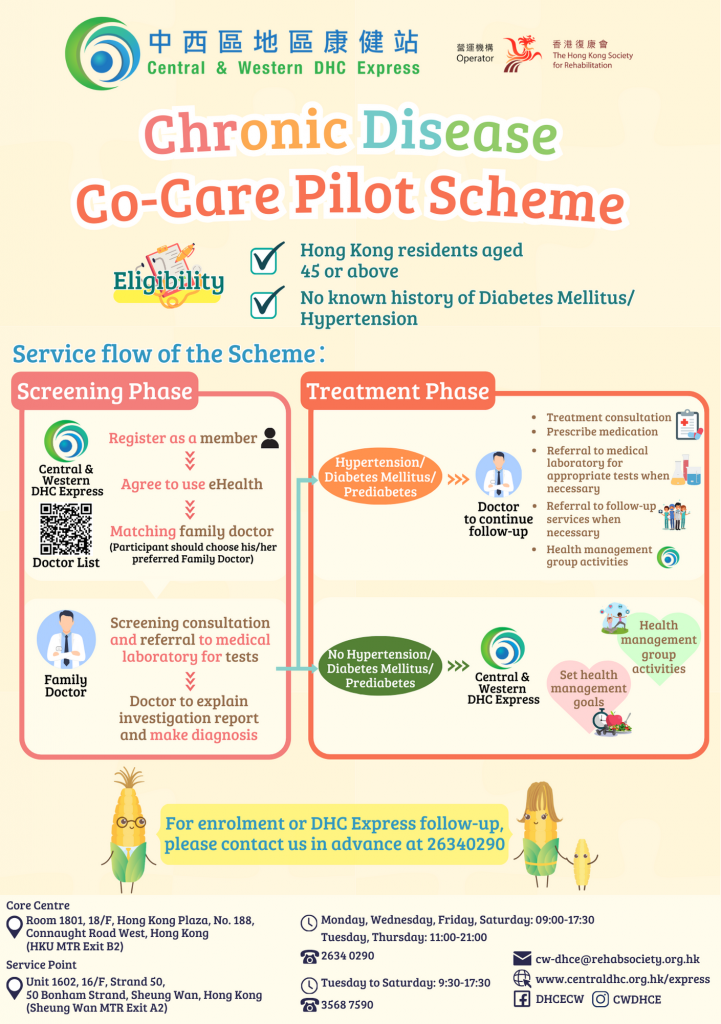In an era of digital connectivity, convenience often comes with hidden risks—a lesson recently highlighted by China’s Ministry of State Security regarding shared power banks. What might seem like a simple solution for charging your smartphone could potentially be a gateway for sophisticated cyber espionage and privacy breaches.
The seemingly innocuous portable chargers available in public spaces are now under scrutiny for their potential to compromise personal digital security. These shared power banks, colloquially known as “urine bags” in Hong Kong slang, might be more dangerous than users realize.
![]()
Hardware tampering represents one of the most significant threats. Malicious actors can modify power banks during manufacturing or distribution by embedding microchips designed to create hidden data channels. When you connect your smartphone, these altered devices can silently extract sensitive information—think personal contacts, intimate photos, social media credentials, and even payment details.

The risks extend beyond simple data theft. Users often encounter deceptive authorization prompts when connecting these shared chargers. Imagine being low on battery and seeing a message like “Trust This Device?” Clicking “Allow” could inadvertently grant hackers comprehensive access to your smartphone, effectively bypassing standard security protocols.

Even more insidious are the power banks potentially preloaded with malicious software. Spyware, trojans, and backdoor programs can install themselves onto your device during charging, operating completely undetected in the background. Your smartphone could transform into an unwitting surveillance tool without your knowledge.

Foreign intelligence agencies represent another layer of potential threat. By analyzing operational data collected from these shared power banks—including location histories, usage patterns, and device identifiers—sophisticated artificial intelligence systems could track individuals or groups, monitoring movements and assessing collective behaviors for espionage purposes.

The ministry’s warning isn’t meant to induce panic but to promote digital awareness. Their recommendations are straightforward: avoid using shared power banks from unknown sources, be extremely cautious about granting permissions, and think critically when connecting to external devices.
This advisory underscores a broader reality in our hyperconnected world. Convenience and security exist in a delicate balance, and seemingly mundane technologies can harbor significant risks. The shared power bank—a symbol of modern technological convenience—now represents a potential Trojan horse for digital intrusion.
For smartphone users, the message is clear: vigilance is paramount. Before plugging into that tempting public charger, consider the potential consequences. Your personal data is valuable, and in the wrong hands, it can be weaponized in ways you might never imagine.
The Ministry of State Security’s warning serves as a crucial reminder that in the digital age, not all threats are visible. Sometimes, the most significant risks come disguised as everyday conveniences, waiting to be plugged in.












